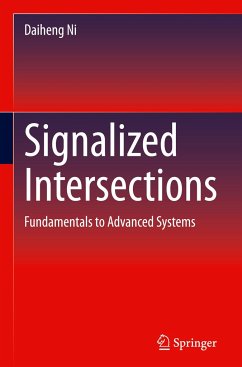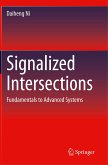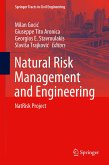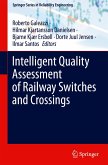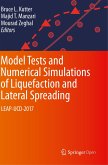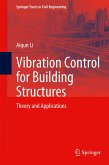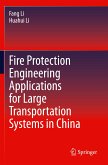This textbook introduces the basics principles of intersection signalization including need studies, signal phasing, sequencing, timing, as well as more advanced topics such as detectors, controllers, actuated control schemes, and signal coordination. The book covers a variety of topics critical to the set up and operation of intersections controlled by traffic signals. Professor Ni imparts a basic understanding of how intersections work, what justifies intersection signalization, how to properly design phasing and timing plans for intersections, what is needed to run traffic-responsive signals, the workings of traffic controller cabinets, and how to set up signal coordination at multiple intersections-competencies essential to transportation professionals in charge of traffic operation at federal, state, and local levels. Aimed at students in transportation engineering programs with a focus on intersection signalization, the book is also ideal for researchers of traffic dynamicsand municipal civil and transportation engineers.
Hinweis: Dieser Artikel kann nur an eine deutsche Lieferadresse ausgeliefert werden.
Hinweis: Dieser Artikel kann nur an eine deutsche Lieferadresse ausgeliefert werden.
